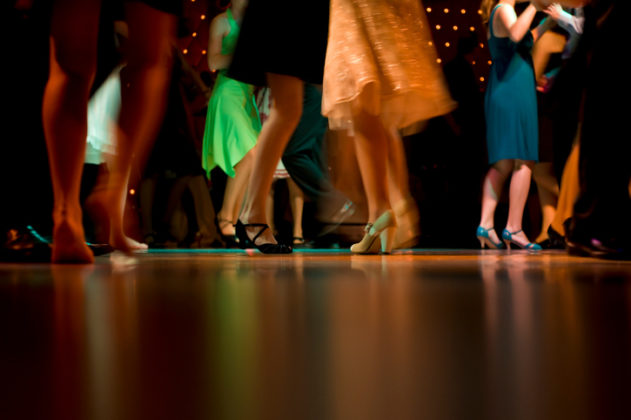Are people who support the rigid distinctions at these events worried that their child might suddenly “turn gay” upon seeing my family accepted at a school event?
A few years ago I made a (mostly joking) Facebook post about the troubles of my son having two mamas on Mother’s Day. Who should get the single piece of pottery or solitary construction paper flower that Bobby brings home from school? Who should get breakfast in bed? To my surprise, the responses were mostly very serious.
Several people suggested that one of us move our celebration to Father’s Day, oblivious to the idea that my partner and I both identify as mothers and have no desire to emulate a traditional family structure. One friend, a single mother by circumstance and not choice, gently reminded me that “ours was a nice problem to have.”
We live in a world where definitions of family constantly bump against each other.
My partner, son, and I recently moved from Chicago to a less diverse and more conservative suburb in Southern California. We love the weather but have been surprised at the extent to which our son’s school enforces gender norms and traditional family structures.
At our first meeting in November his teacher indicated a concern that Bobby (who has Down syndrome) does not yet differentiate between boys and girls.
The school event list is heavily focused on narrow parenting norms. There’s been a Father-Daughter dance, a Mother-Son kickball event, a morning dedicated to “Donuts with Dad,” and “Muffins with Mom” Friday is just around the corner.
My initial response was that the number of variations on the gender theme was a bit silly. I wasn’t offended until I noticed that each event comes with a very pointed stipulation — if dad is unavailable for the dance, only another male role model may take his place. Mom can only be replaced a female.
This is unnecessarily rigid and awkward for non-traditional families.
In March, a Georgia mom attempted to take her daughter to the Daddy-Daughter dance but was “forbidden” from attending once the principal found out her intent was to wear a fake beard to make the event more memorable for her daughter. The little girl was sorely disappointed.
Why segregate single parents or families in the LGBTQ community from school events? Would the Daddy-Daughter dance in Georgia really have been ruined by a single mom with a sense of humor supporting her child? Would “Donuts with Dad” disintegrate into chaos if my wife or I did some carb loading with our son?
The overreaction is patriarchal and LGBTQ-phobic. Are people who support the rigid distinctions at these events worried that their child might suddenly “turn gay” upon seeing my family accepted at a school event? Or are they simply concerned that they will have to answer a question from their curious child who wonders why Bobby has two mamas?
These concerns are ridiculous, especially in light of the damage done to children on the receiving end of the exclusion. Imagine what happens to the self-esteem of a little girl who can’t attend the school dance because she is being raised by a single parent. Imagine being an LGBTQ youth who is not allowed to witness models of non-traditional families but instead discovers that the presence of such people at a school is even “forbidden.”
This weekend, please ask yourself: Are you celebrating mothers and the diversity of people who embrace that identity or are you supporting the outdated patriarchal definition of motherhood? Because make no mistake, it’s only the former that does honor to the mothers in our modern world.
Anne Penniston Grunsted writes about parenting, disability, and family life from her perspective as a lesbian mama. She has been published in The Washington Post, Brain, Child Magazine, and Mamamia. She lives in Southern California with her partner and son.
Other Links:

